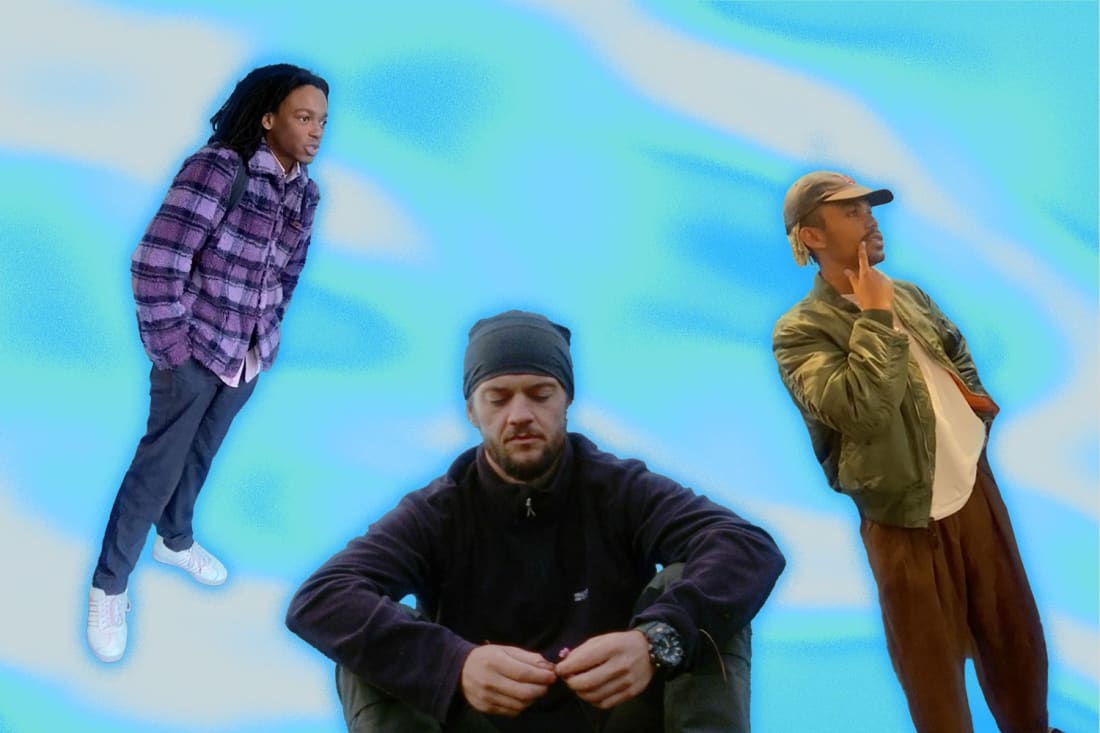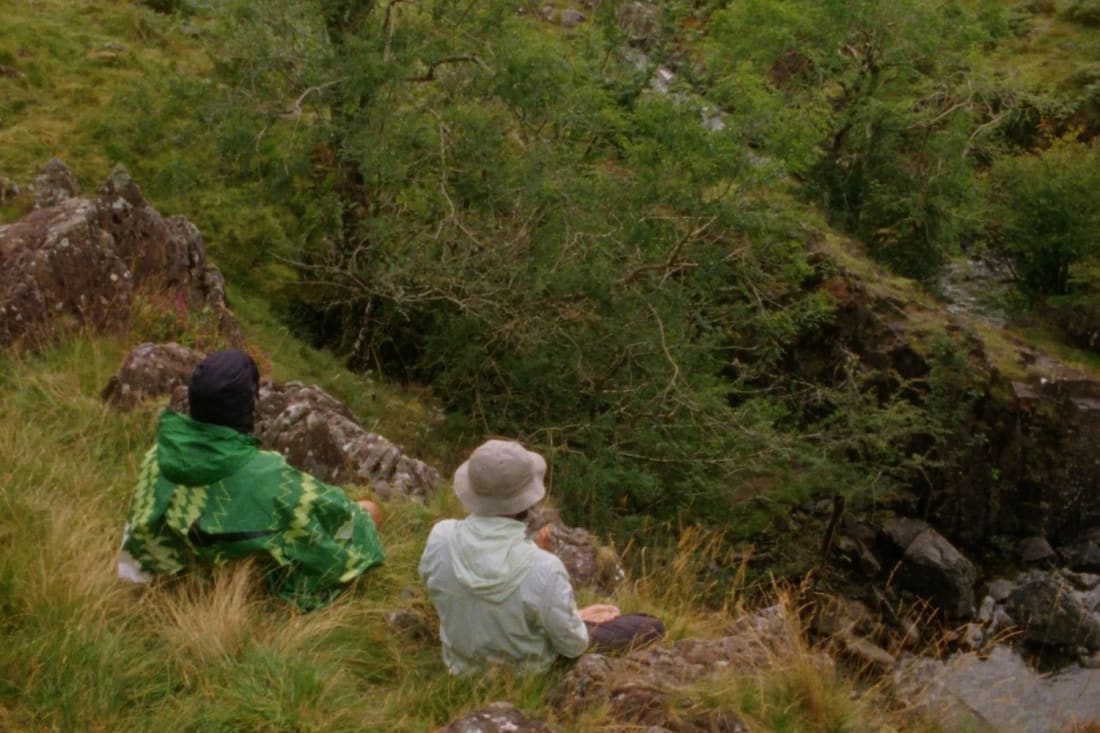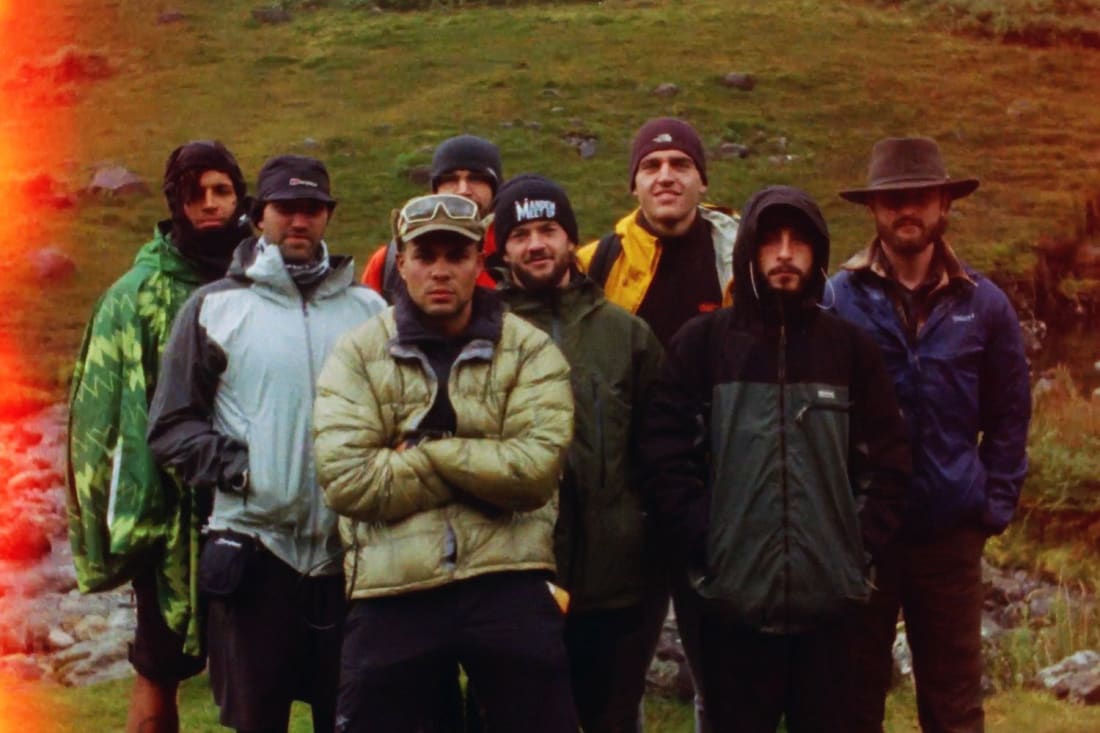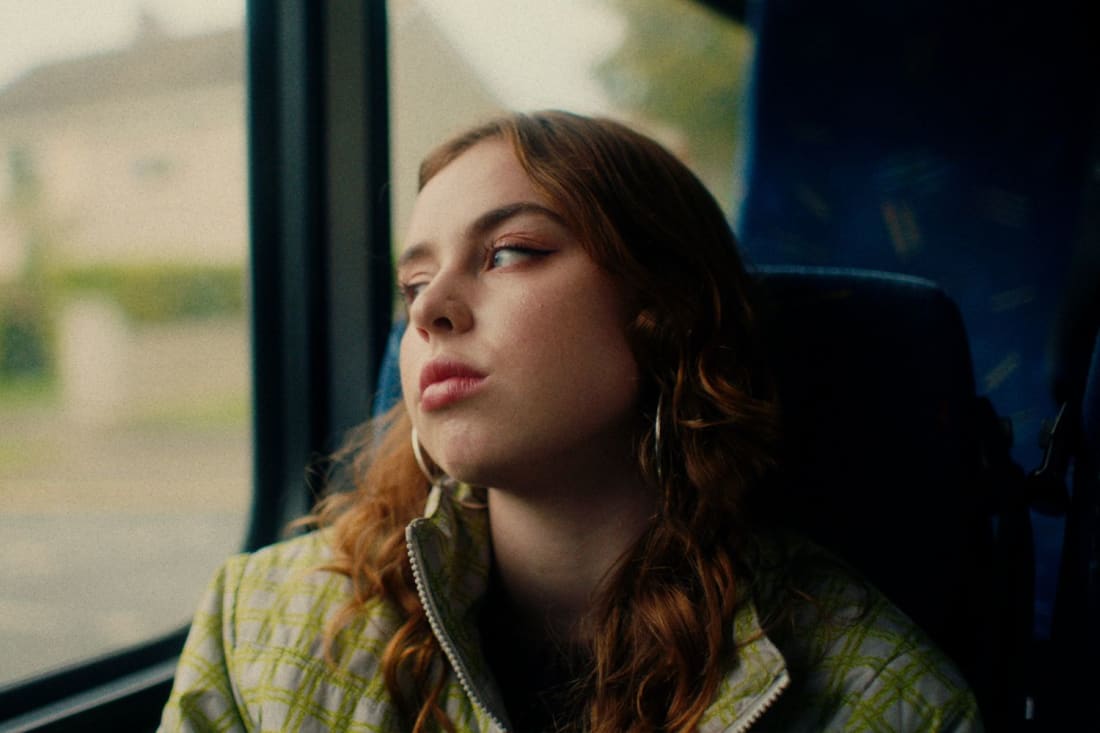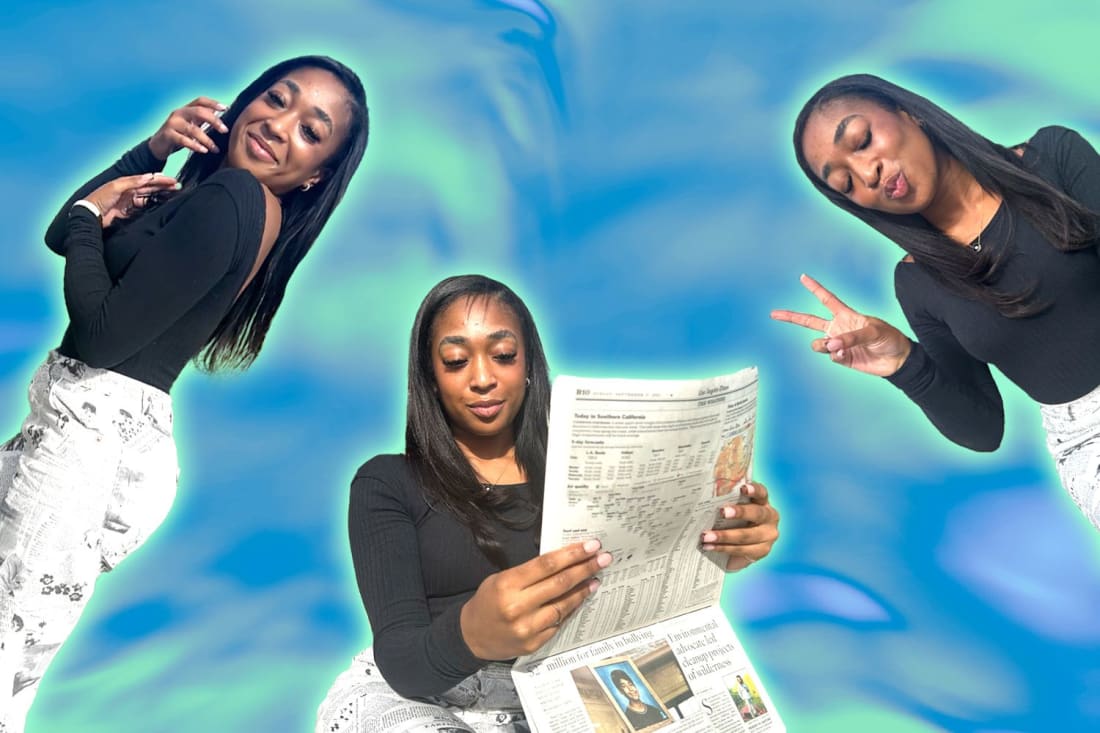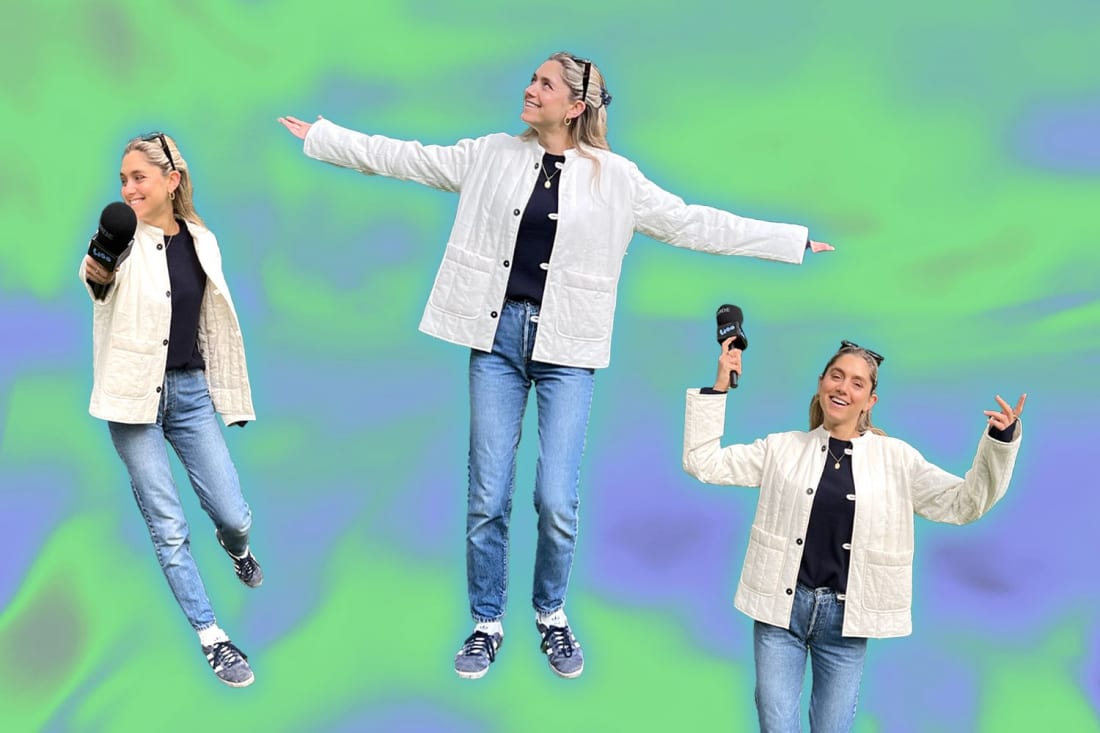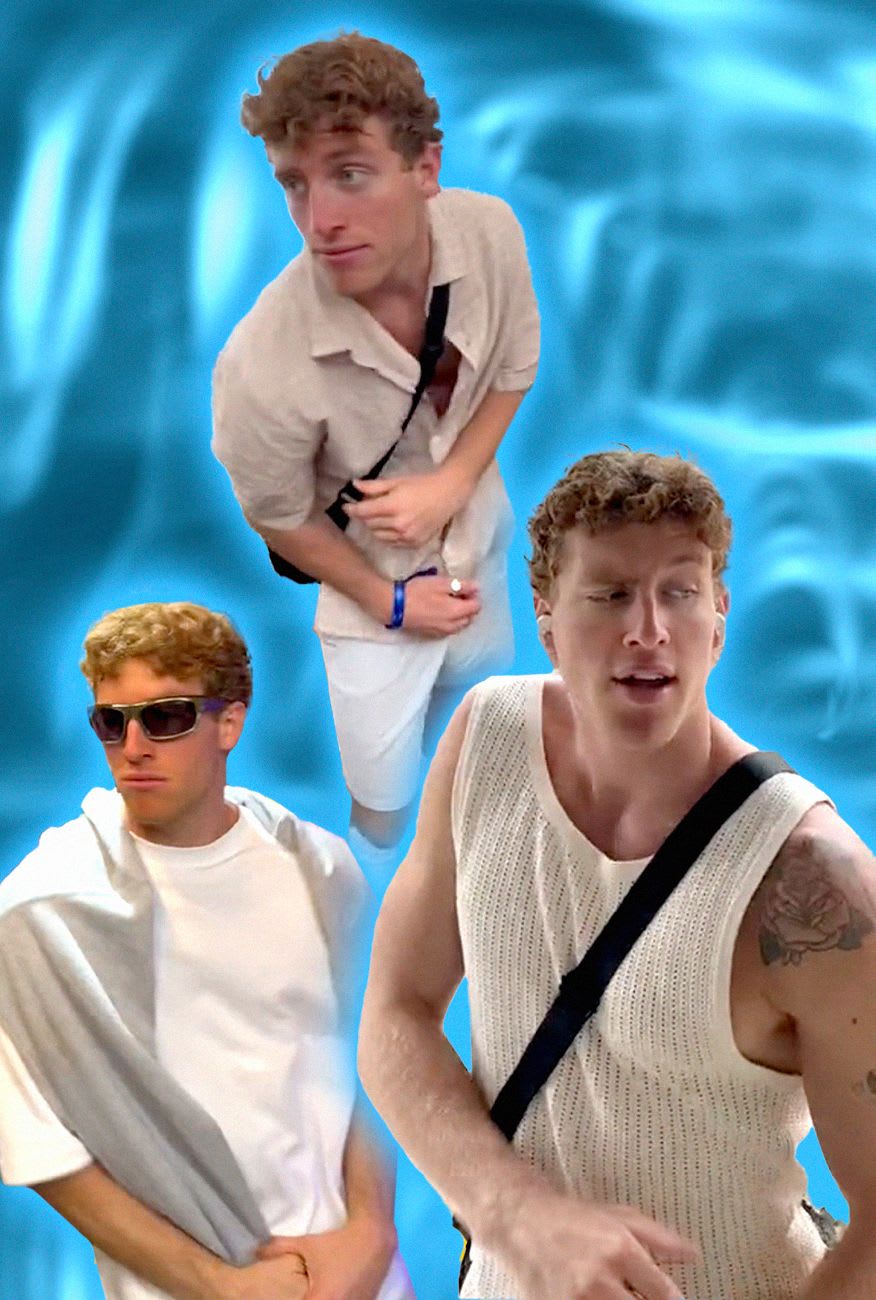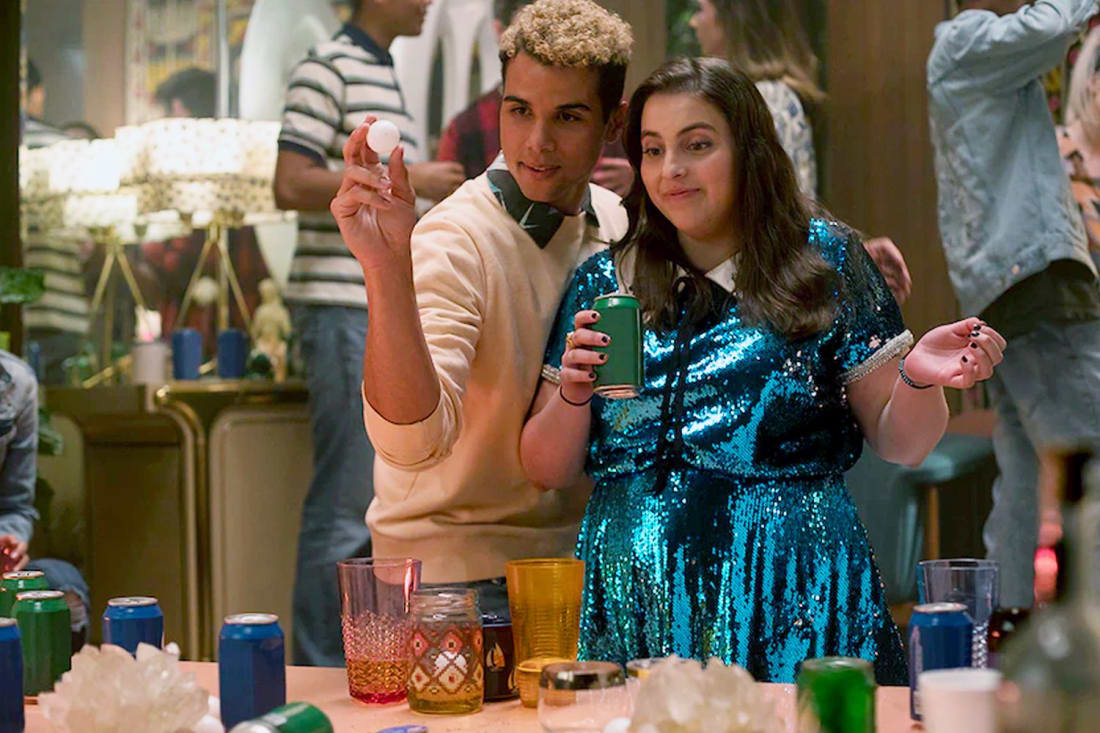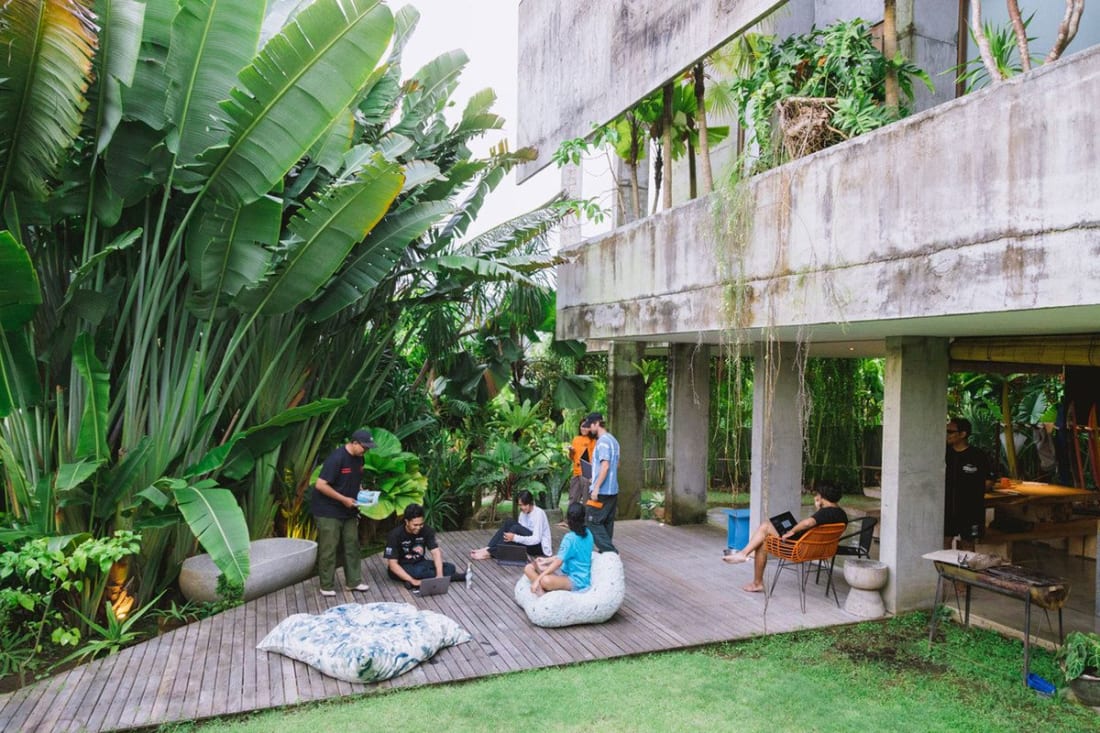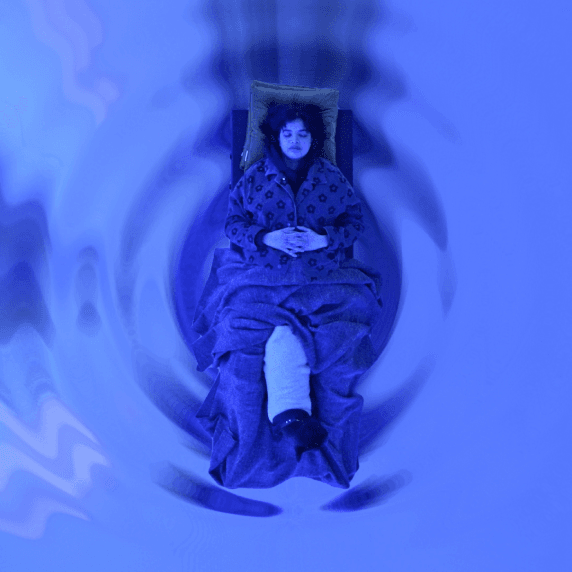meet the men behind mental health community mandem meetup
We speak to founder Jamie Dennis and filmmaker Nathan Baxter about the importance of having a safe, non-judgemental space for men
We speak to founder Jamie Dennis and filmmaker Nathan Baxter about the importance of having a safe, non-judgemental space for men
Yesterday was ‘Blue Monday’, the date described as the most depressing day of the year, thanks to its combination of weather and proximity from fun. But, rather than raising awareness of mental health issues, the day has become more of a PR stunt and opportunity for corporations to promote stuff. Wouldn’t it be better to shine a light on, say, the people doing hands-on work in the mental health realm?
Mandem Meetup is one of these. A grassroots group established in Manchester, it’s become a way for men to gather and offload, gaining some headspace in the process. Linking up members via hiking trips, talking circles and a Whatsapp group, it helps connect men and build vital friendships. For founder Jamie Dennis, its importance lies in the fact that “men can just show up, however that looks. They don't have to be any kind of masculine that society has presented them with. Whatever man they want to be on that day, they're welcome to join us.”
The group is the subject of a powerful documentary presented by woo, Mandem, which highlights the moving stories of some of its members, amid sweeping shots of Lake Windermere. It’s the work of 23-year-old filmmaker Nathan Baxter, who is also a member of the group. This film has even won an award, scooping the Change Maker prize at Kendal Mountain Festival.
To find out more about the group helping save men’s lives across the UK, we spoke to Jamie and Nathan about its origins, their very first meet-up and how it’s become a community with hundreds of members.
Give us the lowdown on how and when Mandem Meetup first started.
Jamie: Four years ago, when I was 28 and living in Salford. I was going through a tough time, and another man gave me the space to talk and open up – he didn't make me feel judged. So I decided I wanted to replicate that, because there was nothing in Manchester that was suitable for me, a young man, council estate kid. Not a pot to piss in. Therapy wasn’t an option at the time – I just needed a safe space and couldn't find one, so I decided to create one. That was in November, and then in December we’d set a date.
What was that first gathering like?
Jamie: It was in my kitchen, around my kitchen table. It was mad, ‘cos it was 12 men and none of them knew each other. There was no connection whatsoever, except me. Obviously, all with their own issues that were going on. Then they had a bond, a connection to each of us, just sharing that day.
And how big is the group now?
Jamie: We've now got two group chats with 600 men in them. Since August 2022, we've had over 2000 interactions with our sessions. We've gone from just operating in Salford, to now Salford and Manchester and Wolverhampton. We’re providing jobs for multiple men and are now operating in the North West prisons as well, offering our services there.
How did you first get involved, Nathan?
Nathan: The initial link was made through a friend of mine – I saw a picture on Instagram on both their accounts of a hiking trip in Yorkshire. So I just asked for more info on it. The reason it caught my eye is, ‘cos in my life I’ve travelled around loads, Amsterdam, Liverpool, Manchester, London – so community was never really a solid concept to me. Once I got more info about the group, I came and did a hike up Snowdon. I guess I wasn't prepared for what was to come! But with the boys around me it was quite an eye-opening trip. And that was it, I was hooked.
How does the Whatsapp group work – is it a place to vent?
Jamie: Yeah, absolutely. We've got guidelines, and you have to request to join the group. So you already know what the space is for. What we've seen is that the men actually self-police it and don't let anyone disturb the balance, don't let anyone try and misshape the culture. It's really powerful to see that they want to keep having this safe space in their life and not risk it for anything.
How did the documentary come about? Nathan, did you float the idea to Jamie?
Nathan: Pretty much! Initially I was super conscious about speaking to people about very intimate things. And at that time, documenting stuff was not my thing, I'd never done it before. At that point, I was doing bits of creative direction for brands, starting to do a bit more videography, social media stuff, but it was very small-scale, short-form stuff. I sent Jamie an email with rough ideas of how I thought it could look, and then jumped right in. And now I'm a director, filmmaker. I’m still doing short-form stuff, but this documentary has pushed me to do more things like this.
Was it tough handling these very personal, intimate stories?
Nathan: The hardest part was figuring out how to respect the person that's told this story, and then accurately translate it into a piece that could still keep the essence of everything they'd entrusted me with telling. I went into it with a mindset of, let's make this aesthetically beautiful. You know, I wanted it to be a masterpiece. But when you’re actually listening to the stories, the aesthetics of it takes such a back seat. I learned so much along the process, including listening and not rushing into things. But I grew massively as a person just by making this one project.
How did you feel watching the finished doc, Jamie?
Jamie: When I first saw it – the last scene where it's in the valley, the rolling hills, I was speechless. Like, genuinely had nothing to say, no words. When words finally came, I think I said, ‘It's perfect.’ I think it’s the closest thing you can get to being a part of Mandem Meetup without actually being in Mandem Meetup. You get a feel for the community, the individuals, for what we're all about. The authenticity, the genuine behaviours and accepting people for who they are and how they show up. Yeah, it was perfect for me.
How has Mandem Meetup helped you personally?
Jamie: I'm much better at expressing myself now. Whenever I felt discomfort before it would just turn to anger. I wouldn't be able to process why I felt this way. And now I know it's OK to feel something, it’s OK to have emotions or feel sadness. Having this group has enabled me to learn that, actually, it's OK to feel different things and be angry, just process it and use it. Don't smash stuff up, but instead, talk about it and let it disseminate or fix the issue and the anger is not there anymore. So it's been really, really helpful for my own personal journey and still is, to this day.
Nathan: One thing it’s really brought to my life that wasn’t there before is – and this is the Whatsapp group, but it works the same with talking – no matter what you’re going through or dealing with, whether it's something in your relationship or a male issue, something you feel no one else will be able to relate to, you can just chuck it in the group. And that's it. No one's going to judge you. No one's going to try to fix you. You can just offload. That offloading part has been the biggest thing for me, really.
‘For The Mandem’ is woo’s campaign with grassroots mental health charity Mandem Meetup. The series hopes to challenge what a healthy male-centric community looks like, explore the full campaign here.


